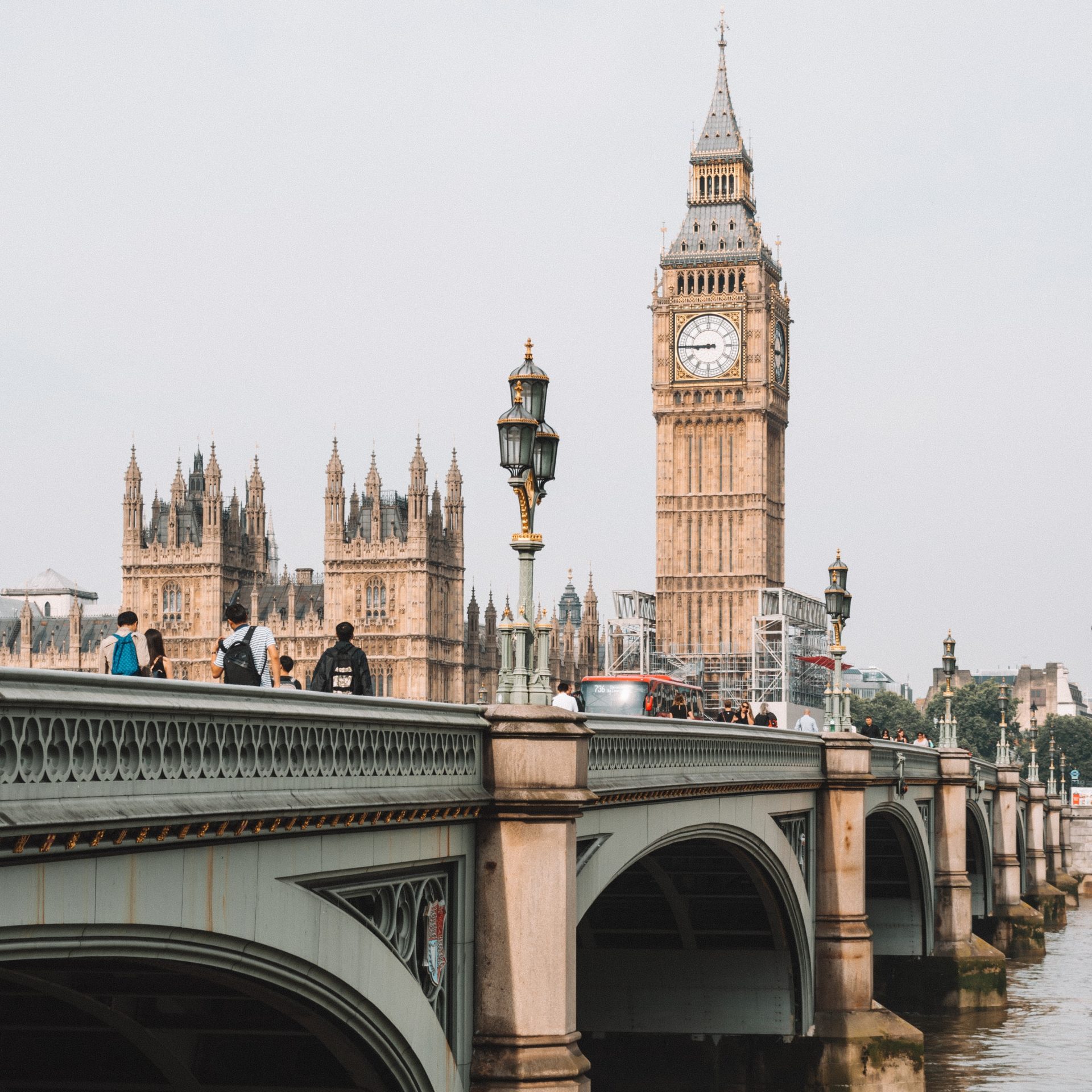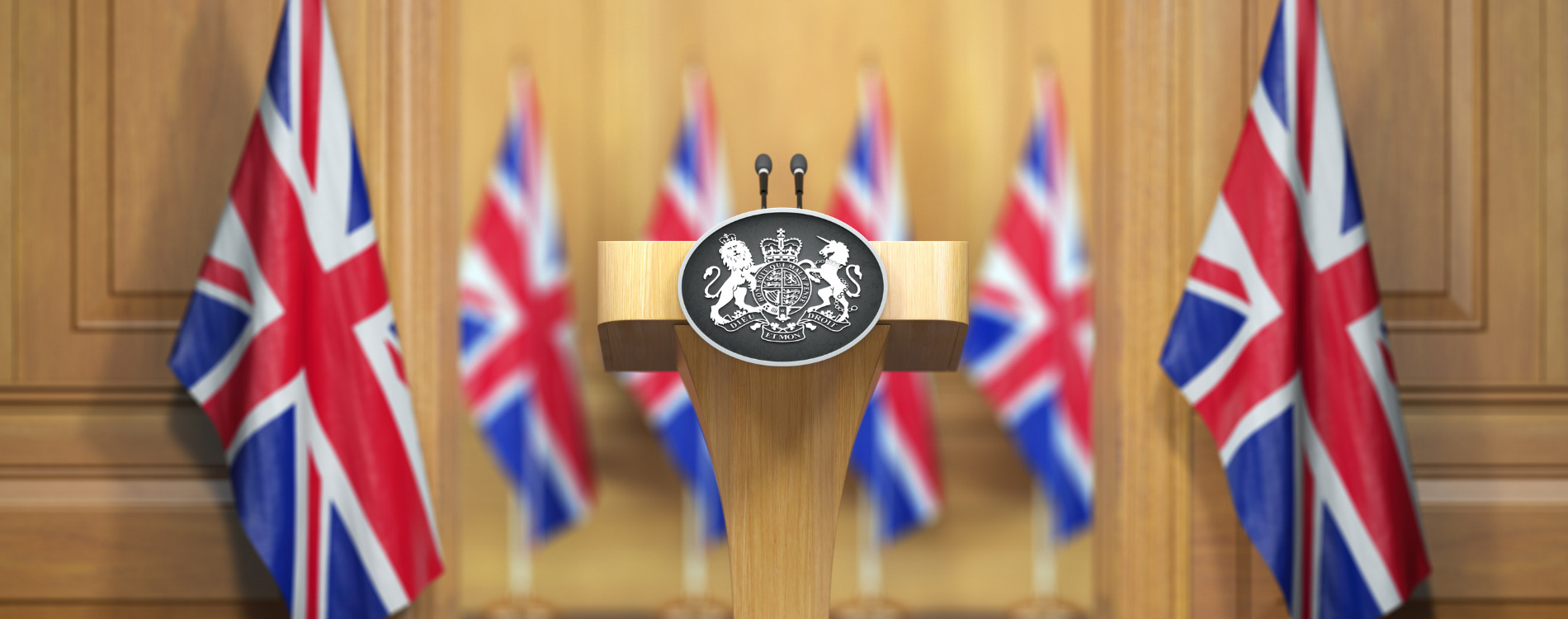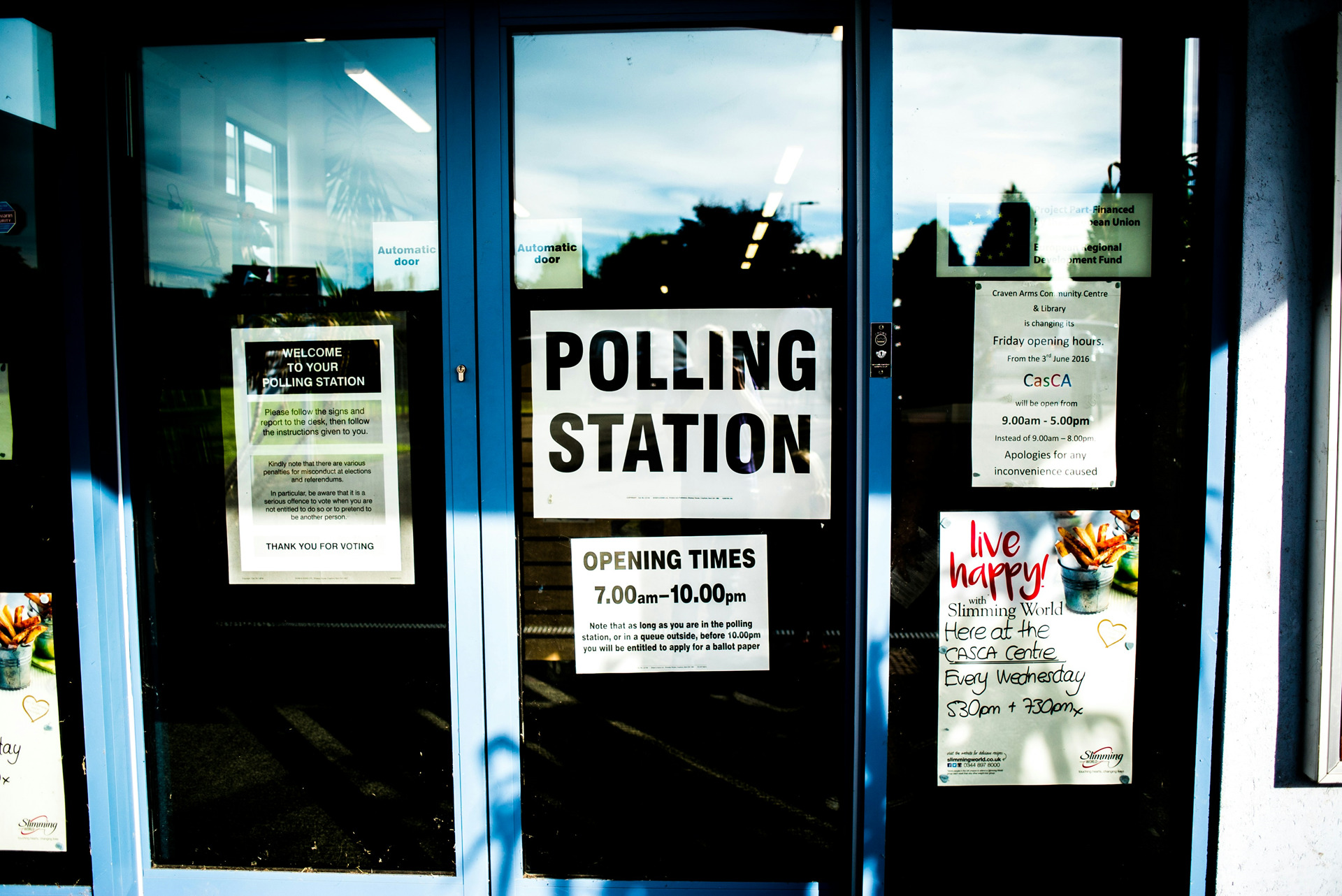
Following a shock by-election result in North Shropshire, Chris Hopkins runs down ten key takeaways from the vote.
The Liberal Democrats have won the North Shropshire by-election with a four-figure majority, taking Owen Paterson's former seat, which the Conservatives have held for almost 200 years.
This is no ordinary by-election defeat suffered by an incumbent government...
1. Firstly, let’s start by congratulating the Liberal Democrats. They’ve overturned a 23,000 Conservative majority, the 7th biggest by-election swing in history, to take the seat that the Conservatives have held since the 1800s.
This is no ordinary by-election defeat suffered by an incumbent government; this is the government taking an absolute walloping in the middle of its supposed heartlands.
2. Helen Morgan, the successful Liberal Democrat candidate, who narrowly failed to win a council seat as recently as May, told Boris Johnson unequivocally in her victory speech that the “party’s over”, which I must confess to being a play on words that I simply adore.
It’s difficult to know exactly what impact the No.10 Christmas Parties had on the outcome, but given the reports from the doorstep pre- and post-revelations, it would be remiss to dismiss its impact on this result.
3. Sir Ed Davey, the Liberal Democrats leader, described the result as the voters of North Shropshire speaking for us all.
I can’t say I feel this is exactly true. While there has been a nationwide outpouring of anger over Partygate, and the Conservatives have been rejected comprehensively at this by-election, I think that the circumstances around Owen Paterson’s resignation are being underplayed.
Ultimately the cumulative effect of a former Cabinet Minister’s resignation for sleaze, coupled with the Downing Street party revelations led to this defeat, and it’s difficult to say for sure that the result would have been the same had just one of those events played out, and therefore the voters of North Shropshire probably spoke for their own specific circumstances, and not the whole nation.
4. For the Liberal Democrats, this is a hugely different win to their last gain from the Conservatives in Chesham and Amersham. This is a Leave seat; Chesham and Amersham is Remain. While the latter is more important for the Lib Dems’ long-term prospects, the former is a sign that, where they sniff a real battle, Labour voters are willing to switch to the Liberal Democrats, and Conservative voters are willing to use the Liberal Democrats to send a message to the government.
This opens up the electoral map for the Liberal Democrats in many of the seats where they’re currently second, often second to the Tories, and of which there are more than many think.
5. There are a few major seats that this applies to, and the most high-profile belongs to the Foreign Secretary, Dominic Raab. The Liberal Democrats will be throwing the kitchen sink at this seat at the next General Election, and after this result they must feel pretty bullish about having their own Portillo moment.
6. For the Conservatives, this also further reinforces the redrawing of the electoral map. While the government and the Prime Minister continue to focus on their new terrain in the north – The Red Wall – this is another indication that this comes at a cost.
7. It also scrubs away the sense of electoral superiority that Boris Johnson supposedly has. For many Red Wall MPs, they owe Boris Johnson their job; but for more traditional Conservative MPs, many of whom are now on the backbenches, they’re starting to worry that the Prime Minister is losing some of his electoral magic dust.
There is no major love for Johnson within the parliamentary party beyond his electoral success, and while any talk of a leadership challenge are premature, if Johnson loses his biggest saving grace, it’s hard to see the party sticking with him long-term.
8. This also has wider implications for the rest of the country. Frankly, losing North Shropshire, resulting in greater disquiet among the Conservative Party, who are, for all intents and purposes, an anti-lockdown party, means that the Prime Minister is likely to struggle to get his party on board if he needs to implement further coronavirus restrictions – and a government that is reliant on the opposition to pass legislation is weak one.
9. A bad night for Labour? It probably isn’t a great one, but it’s not the disaster some may see it as. Frankly, Labour need the Liberal Democrats to take seats from the Conservatives that Labour can’t take themselves, and while Labour did come second here last time, the spin from Labour sources on the ground that they were holding their vote now looks a little silly.
If Labour voters are willing to vote tactically in certain seats, that will ultimately help Keir Starmer to No.10, as it’s more important for the Tories to lose seats than for Labour to win them in order for Starmer to think about governing as a minority. A majority seems a long way off, and not holding their vote up in North Shropshire is the least of Starmer’s problems.
10. I always end these with something personal. I spent many years growing up at my Great Aunt and Uncle’s in North Shropshire, and I’d be lying if I said the result didn’t cause me a little smirk in memory of my Great Uncle Owen. As a child, in his house, I was astounded that he didn’t have a TV, and while he loaned one off a neighbour for 9/11, he gave it straight back. He probably wouldn’t even know that the by-election took place, let alone the result, and I think that would suit him just fine.





